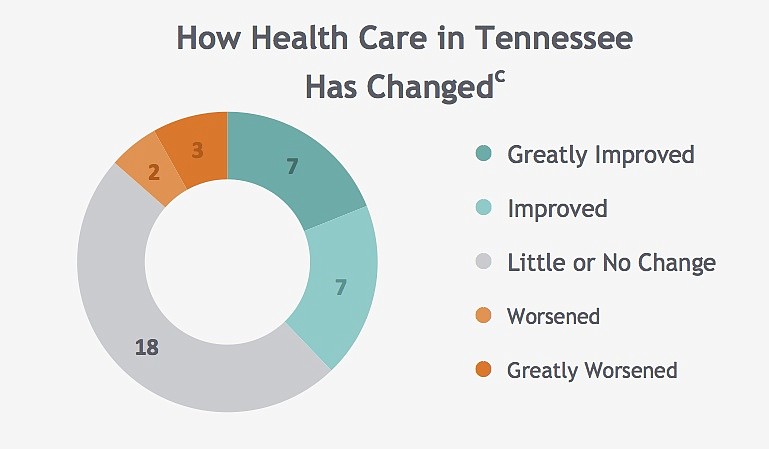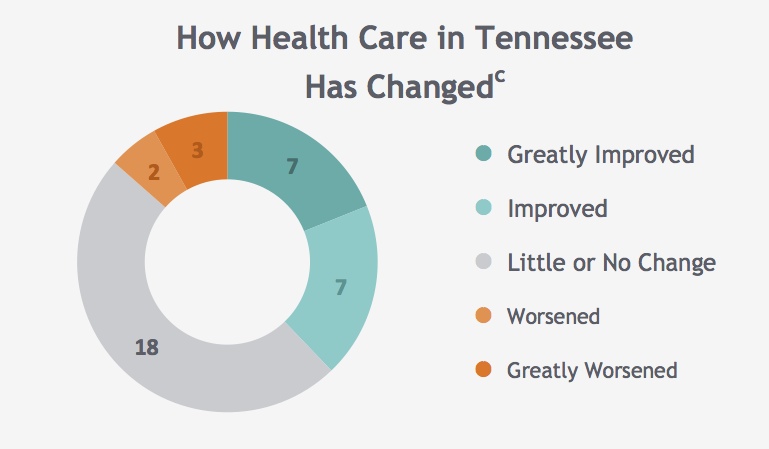Children in Tennessee are more obese than those in any other state, according to a new report from the nonprofit Commonwealth Fund.
While Tennessee ranked 40th out of 51 for overall health in the "Scorecard on State Health System Performance," the state ranked last in the childhood obesity category, which used parent- reported information from the National Survey of Children's Health.
Dr. Joan Han, director of the pediatric obesity program at Le Bonheur Children's Hospital and associate professor at the University of Tennessee Health Science Center, said she is "very concerned" by the findings.
"Many of the health problems associated with obesity that were once thought to be adult conditions are now occurring in children," she said. "For example, I've diagnosed children as young as 6 years old with Type 2 diabetes, high blood pressure, fatty liver disease and elevated cholesterol."
Online
To see a copy of the Commonwealth Fund’s study, visit http://datacenter.commonwealthfund.org/scorecard/state/44/tennessee/
Genetic predisposition, environmental factors, and lifestyle behaviors all contribute to obesity, Han said, adding that prevention through quality sleep, exercise and health education - including educating mothers before pregnancy - is key, since reversing obesity is challenging. According to the American Heart Association, overweight kids are 70 to 80 percent likely to remain overweight their entire lives.
"Processed foods and beverages that are high in sugar and fat are frequently the least expensive and most readily available items," she said. "We, as a society, need to alter our environment in order to make healthy choices the easier, more affordable, default choice."
Although the report's findings are grave, Dr. Joani Jack, medical director of the Childhood Healthy Eating and Active Living Center at Children's Hospital at Erlanger, said research advancements and better understanding of obesity as a disease give hope to the situation.
"We have a lot of opportunities in kids to make changes early in their life," she said.
New treatments, including bariatric surgery, have helped teens overcome obesity, and small behavior changes, like choosing white milk instead of chocolate milk, can go a long way in adolescents.
Jack suggests teaching kids to take responsibility for their own bodies, and the more kids start to make healthy choices, the better off they'll be in the long haul with less parental nagging.
"I've had kids pretty much normalize their weight through nothing other than cutting out their sodas, cutting their screen time down to a couple hours a day, making sure they get eight to 10 hours of sleep at night, and getting some form of physical activity every day," Jack said. "Those are really pretty simple things, without even addressing what kind of food they're eating."
Contact staff writer Elizabeth Fite at efite@timesfreepress.com or 423-757-6673.

